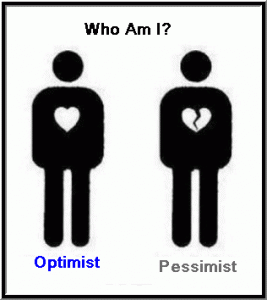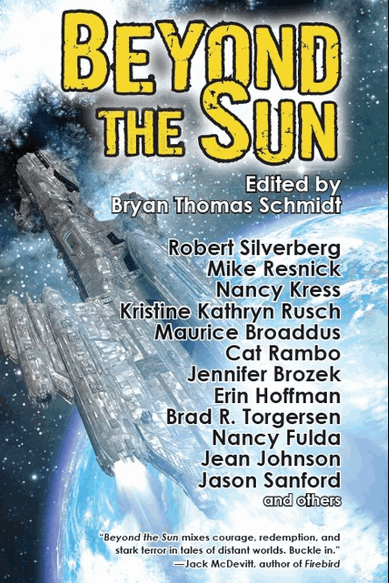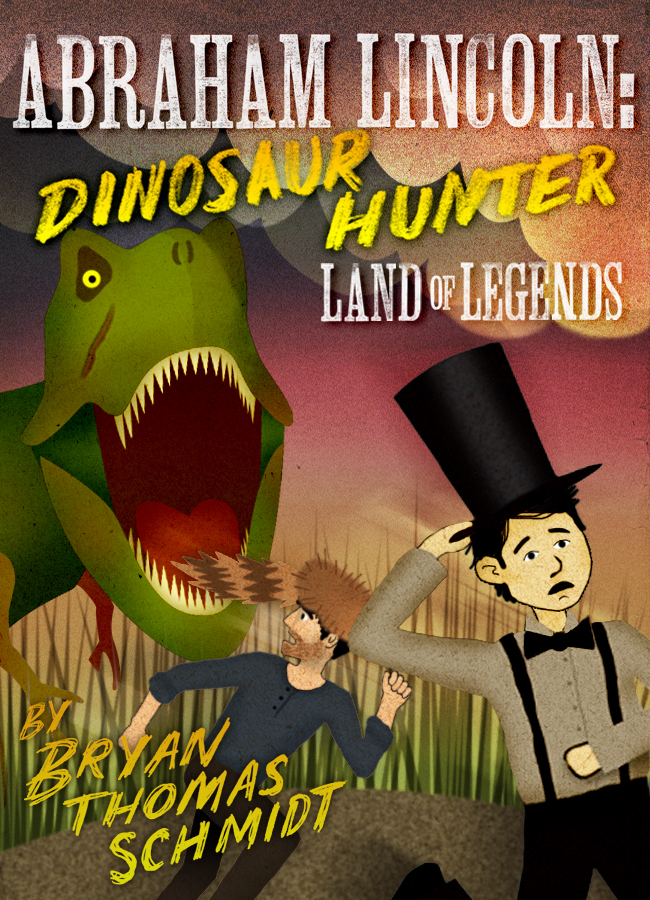This weekend I had the privilege of attending the funeral of two high school friends’ mother. I call it a privilege because this was no somber mournfest. This was a celebration of life and love. In fact, it was so good, it made me regret not taking time to get to know their mother better when I had the chance.
The pastor recalled how when the mother learned her cancer had recurred she came to him and told him her diagnosis, the treatment, and that if didn’t work she’d die. Then she said something he hadn’t heard in twenty years of ministry. “I’m ready. Like anyone, I’d like more time. But I can deal with all of that. What I need your help for is helping me to walk my husband and family through this with me.”
Yep. The woman had been given horrible news about her life and possible death and he first concern was helping her loved ones.
But that’s the kind of person she was. And the more he talked about her life and joys, the more moving it became.
Until that cell phone rang.
And not only did it ring, but the guy reached for it then let it ring. He didn’t shut it off right away.
First of all, it ruined the moment. Which is selfish and disrespectful to say the least.
Second, if you left work in the middle of the day to come to a funeral, what’s so important that you can’t at least put your cell phone on vibrate?
Or better yet…turn the damn cell phone off.
The funeral isn’t about you. It’s about honoring a woman and her loved ones. I hadn’t seen my friends in twenty years, but I went because I remembered them well. Because of the closeness once experienced by me and them and by our parents who were colleagues. I went to show my respect, my support, and my caring. I didn’t want anything in return. I drove forty-five minutes each way, took ninety minutes out of my day. It’s a sacrifice, yes. But is that too much to ask?
I remember when my birth mother and grandmothers died. The people who surprised you by showing up just to let you know they care often were the ones whose presence meant the most.
And in this case, I was all the more blessed by the message of a life well lived. I’m sure I got more out of my presence than the family did. And what a blessing.
But thanks to the bozo who disturbed the moment. He didn’t ruin it for me, but he did interject a bit of a reminder of how selfish and stupid people can be into things. The opposite of the person being recognized and honored, in fact.
Taking time to be present is a lost art these days, I think. But it’s so important and meaningful, I think we all should learn to do it more often.
Making time for others is an act of kindness, respect and love that means so much and takes so little. I still got my editing and work done that day. I just had to schedule around it. And in doing so, I got to see some old friends and get insight into their family I never would have had in a way that brought admiration and joy despite their sad loss.
Oh, they were all happy to see me and we spent time catching up, for sure. I even saw another high school friend.
But the most important thing was to be present in the moment and join with them. That’s why I went. It’s kinda why I assumed everyone went, and the service was well attended. Except the cell phone guy. He was too busy to make time, apparently. At least, that’s what the cell phone rings and his response implied. And it’s too bad.
One of my pet peeves in church and movie theatres has always been people who can’t be bothered to silence their cells. My dad’s a doctor and can’t turn off his cell or pager, but he always had a headphone earpiece he wore to keep them from disturbing anyone else. If he had to talk, he’d quietly slip out and do what he needed to do, then return.
I wish more people had such manners these days. Because sometimes people need your presence. They need your attention. They deserve your respect.
Turning off the damn cell phone is just one indication that you want to be there, that they deserve and have your respect, and that being there at that moment is priority number one.
Is that too much to ask to honor the life of someone?
I hope not. If it is, maybe don’t bother. Don’t ruin the moment for everyone else. Don’t call attention to your lack of dedication. Just don’t come.
At least that’s what I’d do.
For what it’s worth…
Bryan Thomas Schmidt is an author and editor of adult and children’s speculative fiction including the novels The Worker Prince and The Returning, and the children’s books 102 More Hilarious Dinosaur Jokes For Kids (ebook only) and Abraham Lincoln: Dinosaur Hunter- Land Of Legends. His debut novel, The Worker Prince (2011) received Honorable Mention on Barnes & Noble Book Club’s Year’s Best Science Fiction Releases for 2011. His short stories have appeared in magazines, anthologies and online. He edited the anthology Space Battles: Full Throttle Space Tales #6 (Flying Pen Press, 2012) and is working on Beyond The Sun (Fairwood, July 2013), Raygun Chronicles: Space Opera For a New Age (Every Day Publishing, November 2013) and Shattered Shields with co-editor Jennifer Brozek (Baen, 2014). He also edits Blue Shift Magazine and hosts #sffwrtcht (Science Fiction & Fantasy Writer’s Chat) Wednesdays at 9 pm ET on Twitter and can be found via Twitter as @BryanThomasS, on his website atwww.bryanthomasschmidt.net or Facebook.












